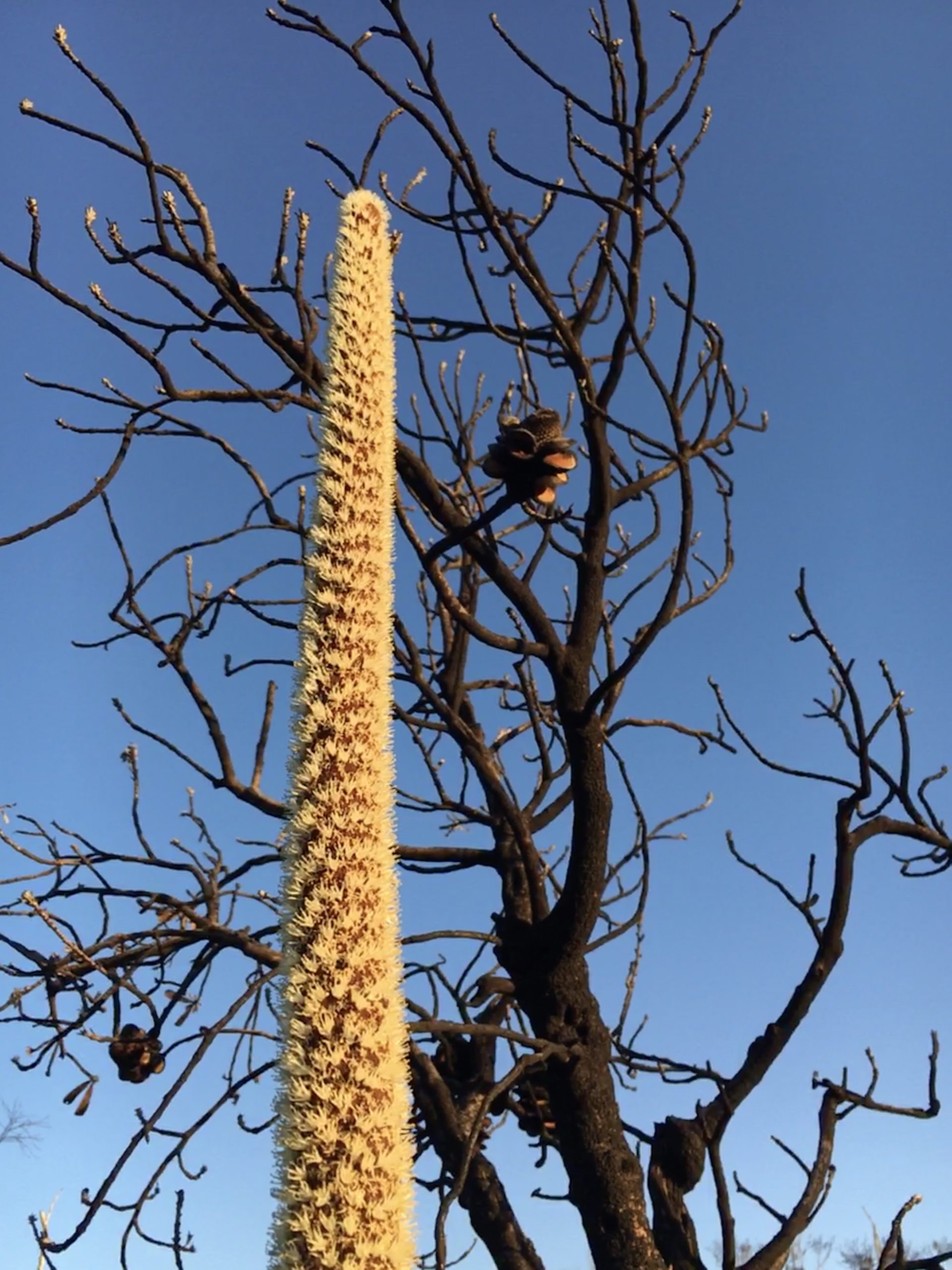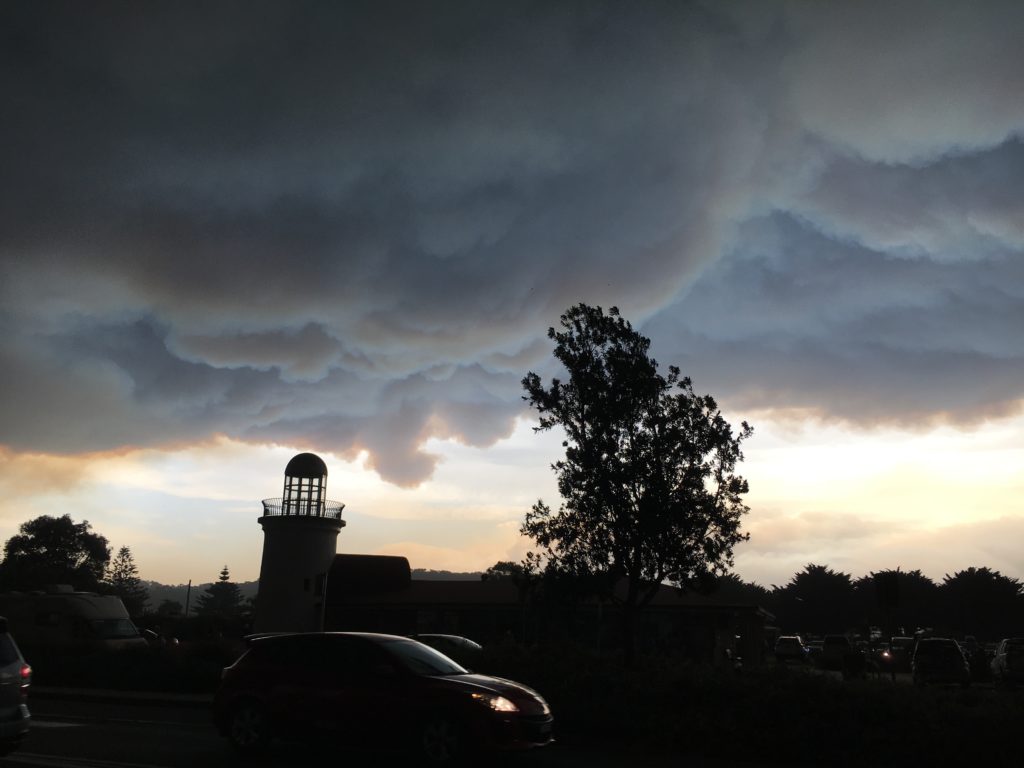Dear Minister Dutton and Prime Minister Malcolm Turnbull,
I am a historian who has spent nearly two decades studying the history of child welfare in this country. My PhD ‘“Such a longing”: the treatment of black and white children in welfare in NSW and Tasmania 1880-1940’ (UNSW History, 2007) was written while the previous Liberal government asserted that the treatment of Aboriginal and Torres Strait Islander children who were separated from their families was in accordance with the welfare standards of the time. In 2008 the Parliament of Australia, with the support of Malcolm Turnbull as leader of the opposition, reversed that position and apologised to the Stolen Generations for what had been done to them. Since then, the Parliament has apologised to Forgotten Australians and Former Child Migrants and to those affected by Forced Adoptions. In each of the three apologies the stakeholders have felt they were supported by Malcolm Turnbull – I know this, because I spent three years working with those stakeholders as part of the team which put together the Australian Government’s Find & Connect web resource.
As the conditions for detained asylum-seekers on Nauru and Manus Island deteriorate I am moved to remind you both that the damage being done in your names will have a high cost. The adults you have detained there are suffering and so are their children. Small children and babies. Our own very recent history shows us that this sort of ill-treatment wreaks havoc on the current generation and their descendants, leaving very real scars on the people affected. The shame for our own community is incalculable and you should not be doing this in my name.
I would like you both to answer the following questions to ensure immediate improvement in the lives of people on Nauru and Manus Island:
1. What will you do to ensure that medical attention, to Australian standards, is available at Nauru and Manus Island (or that speedy evacuation systems are in place)?
2. What will you do to ensure women and babies receive Australian-standard prenatal, post-natal and infant welfare care?
3. What will you do to ensure Australian-standards of child protection are in place on both Nauru and Manus Island and when will you do it?
4. How and when will you improve security for asylum-seekers on both Nauru and Manus Island?
Finally, when will you resettle people found to be refugees from both Nauru and Manus Island?
I would appreciate a prompt answer to these questions. Please do not write back saying that this is the responsibility of the PNG or Nauru governments. You are party to contracts with these governments and you remain responsible for this situation.
Sincerely, Dr Naomi Parry



